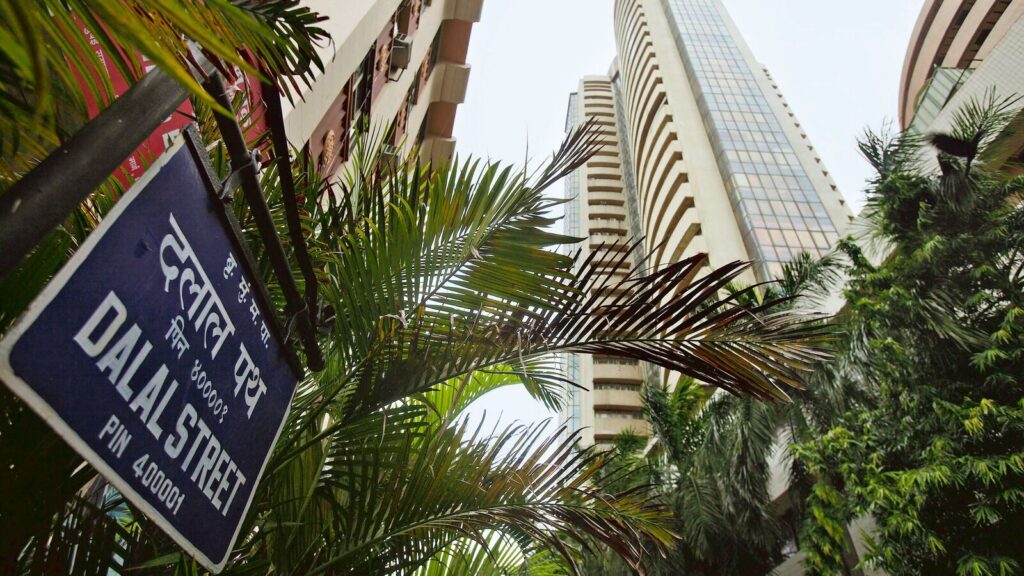Indian markets made a stellar rebound in Tuesday’s trade, April 8, after a brutal selloff in the previous session triggered by concerns over trade tariffs. Sentiment improved on hopes of potential tariff negotiations by Japan with the U.S., and value buying at lower levels helped the frontline indices recover half of the Monday’s losses.
The Nifty 50 ended the session with a gain of 1.69% at 22,535 points, while the Sensex wrapped up the session at 74,243 points, 1.55% higher than the previous closing. The broader markets also reversed their Monday losses, with the Nifty Midcap 100 index rising 2.11% to 49,838 points, while its peer, the Nifty Smallcap 100 index, concluded the session with a 2.13% gain at 15,389 points.
Global financial markets in recent weeks were roiled by escalating trade tensions, initiated by Donald Trump, which spooked investors with fears of rising prices, a potential global economic slowdown, and a possible recession in the U.S., as Trump took the country’s effective tax rate to the highest level since 1902.
The crash has wiped out trillions of dollars from global markets, with the U.S. bearing the brunt of the losses, as multiple global investment banks trimmed their growth forecasts and raised inflation expectations for the American economy.
Notably, while Asian markets have crashed severely—some witnessing their worst intraday performance in decades—Indian markets saw a relatively milder decline, as India’s export dependency on the U.S. is lower compared to other major Asian economies.
Meanwhile, the sharp drop in crude oil prices to a four-year low is also flashing cautionary signals, as investors fear that global growth could be impacted by Trump’s sweeping tariffs and retaliatory measures from other countries — with China already announcing matching 34% tariffs on American goods.
Although the global markets have been bleeding relentlessly, Donald Trump is doubling down as he threatened another 50% tariffs on Chinese goods if Beijing did not roll back the 34% tariffs on U.S. — which itself is a response to Trump’s 54% duties on the world’s second-largest economy.
















